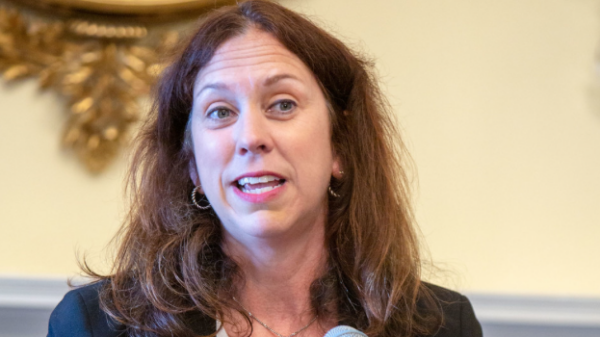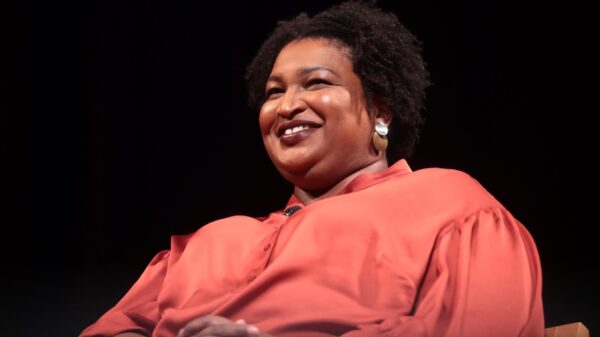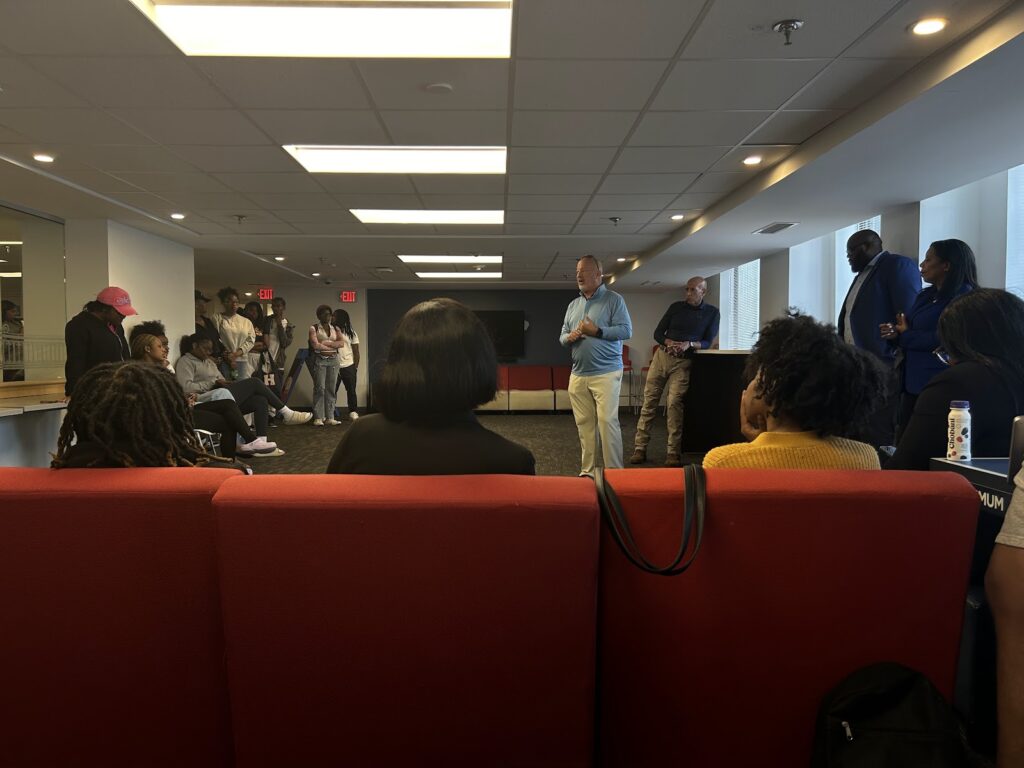
Students and faculty met in the lobby of Howard Towers Plaza East to discuss concerns and updates on power restoration to the building. This talk, organized by housing facilities and the Office of the Vice President of Student Affairs, sprung from a series of power outages beginning on Sept. 18 that left students without air conditioning and hot water and sparked concerns about a lack of communication and accommodations from the university.
Administrators revealed during the meeting that Towers Plaza East and West are currently on generator power for the foreseeable future. Full power was briefly restored to the buildings on Oct. 4, 16 days after the initial outage, but a fault in a PEPCO-owned meter pod took the power out again the same day. According to Vice President of Communications Lydia Sermons, repairs are currently being made by the utility company.
At the Oct. 7 meeting, administration and faculty members took turns answering students’ questions and concerns. Members of HUSA, including 46th President Jay Jones and Vice President Tariah Hyland, were also in attendance and briefly spoke to the students present.
One administrator clarified the reasoning behind the administration’s actions during the outage, like accommodations not being provided until Sept. 24 because he believed full power had been restored to Towers within a day or two.
“When you’re faced with a situation that lasts three hours,” said Alan Molleaur, Howard’s deputy director of Student Housing Operations and Maintenance. “You’re not really thinking about accommodations.”
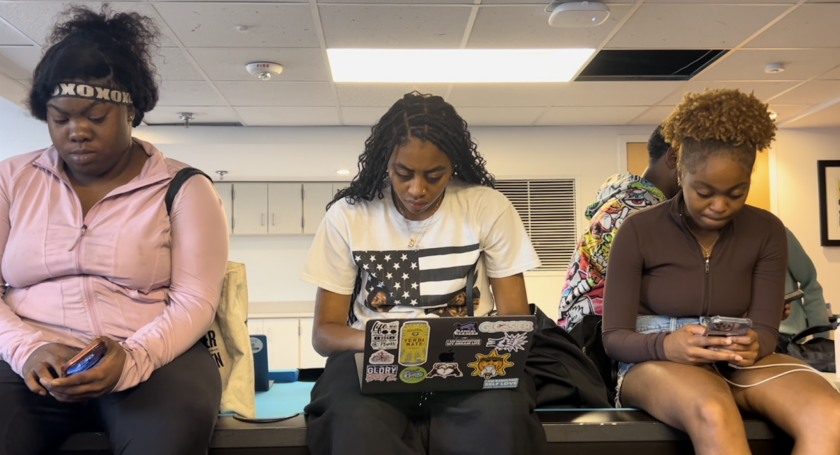
Students responded by reminding faculty they were unaware of what it was like to live in Towers during the worst of the outage, when rooms reached over 80 degrees and students were showering in ice-cold water. Many students felt they were physically and academically impacted by the lack of alternative showering, laundry and housing options.
Both sides agreed more channels of communication between administrators and students, like town halls, floor meetings and student committees, needed to be created to prevent a repeat of the conditions experienced during the Towers East outage..
Faculty and administration also highlighted their displeasure that students went to the media. Diante Blakey, the director of On-Campus Housing and Operations at Howard, and Cynthia Evers, vice president for Student Affairs, emphasized that students should exhaust all channels of communication with the university before contacting the press.
“If you go to the media it’s only going to slow down the process,” Blakey said.
Sermons said contacting the media “calls negative attention to your home away from home,” which “impacts” Howard’s brand and the university’s ability to provide resources for students from outside sources, like scholarship money and partnerships.
“There seems to be a lack of grace and confidence that we are actually working on your behalf,” Sermons said.
She said when students call the media or post on social media, outside actors assume the university is not doing anything.
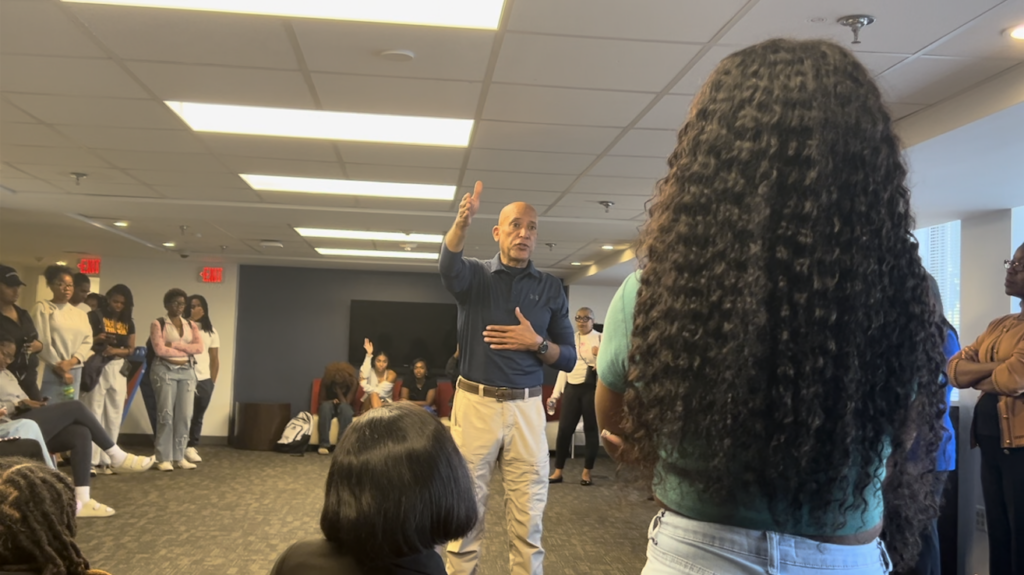
There was visible tension between the students and the administration at times, with one student accusing them of not taking notes and focusing too much on their phones instead of the meeting. Another student accused the faculty of forcing a student to take down a TikTok they posted about the situation. However, most students believed the meeting to be a productive conversation.
Asia Moncrief, a sophomore political science major from Atlanta, believed it was a productive talk and said it was nice to see members of the administration and staff in person. She said wants to see how the discussed solutions will be put into action “going forward.”
Chanda Singh-Richardson, a junior legal communications major and sports administration minor from Miami, does not live in Towers but attended the meeting to see how the administration was listening to students.
She agreed it was productive and hopes to see “open communication throughout the year” and not only in response to emergencies.
But Michael Glenn, a senior criminology major and sociology minor from Long Beach, California, still felt a disconnect between students and the administration, despite all of his questions being answered at the meeting.
“Student affairs don’t live in the situation we are living in here, so they can’t understand how severe we are feeling about this,” Glenn said.
He also does not have hope that Towers East will be taken off generator power anytime soon.
“If the problem is not going to be fixed and addressed right now it’s not going to get done,” he said.


